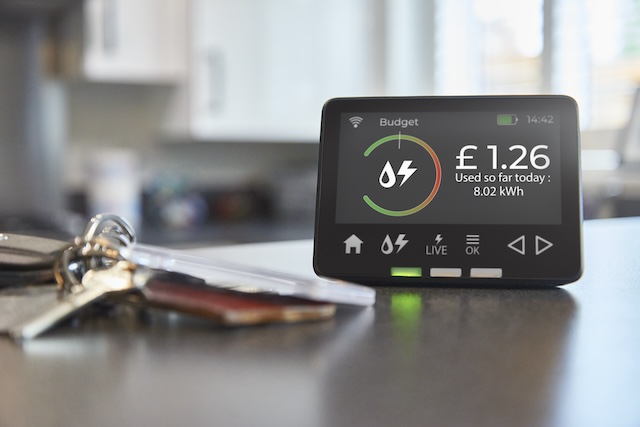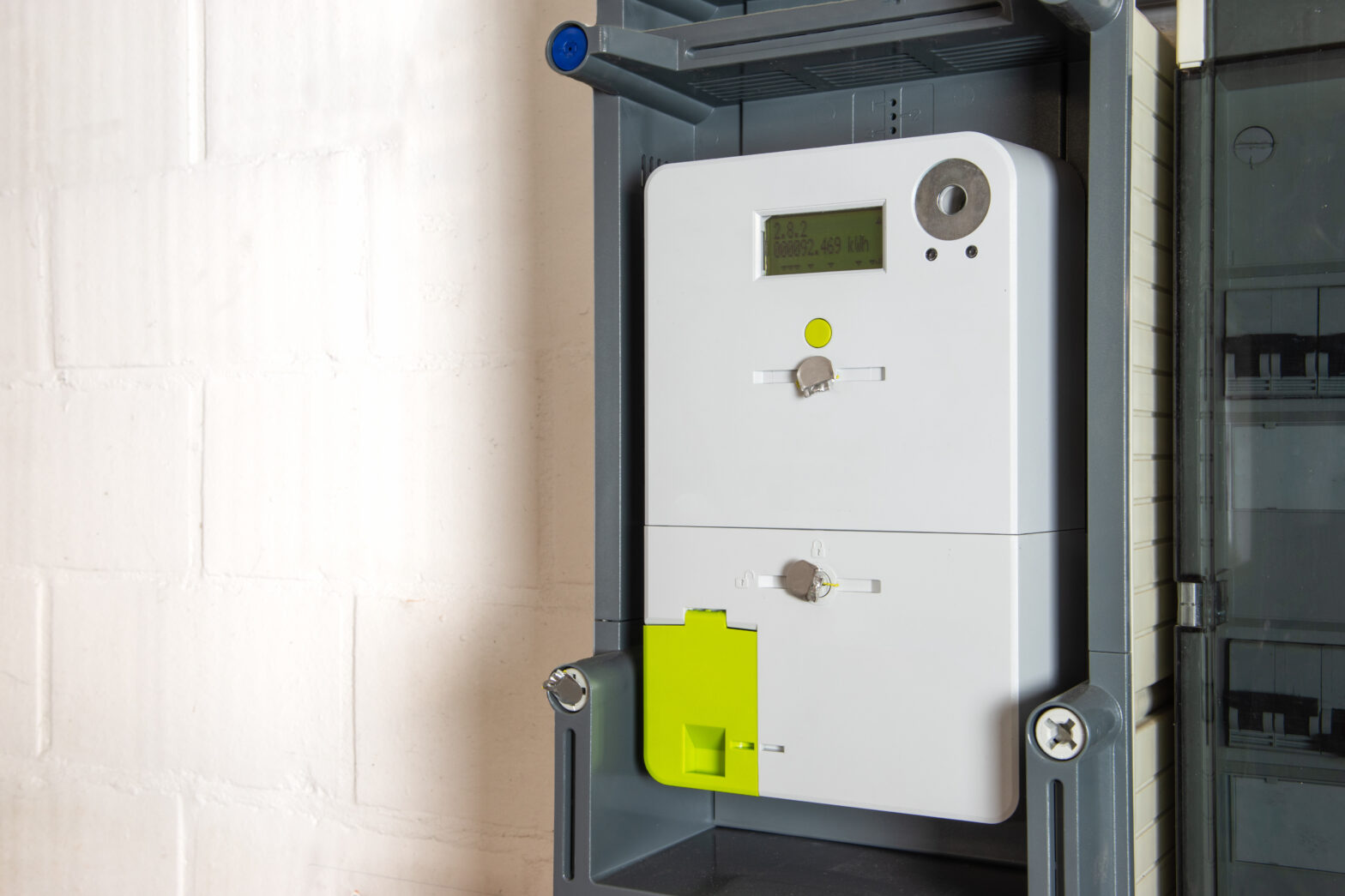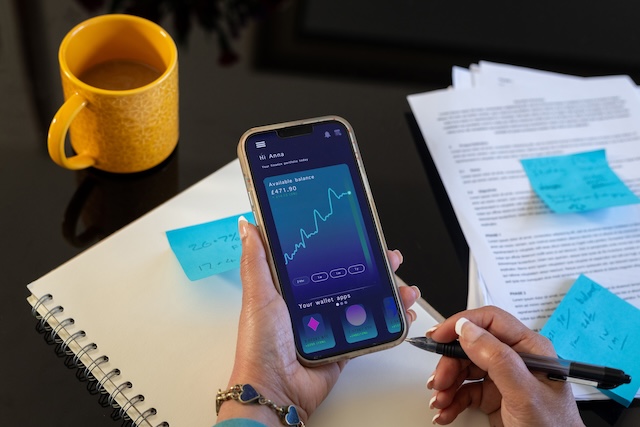We’re now well over halfway through the smart meter rollout, with 67% of all meters in homes and businesses in Great Britain now smart or advanced, according to the latest government statistics. That means it’s a good time to take stock of the where we are and where we’re going.
When the rollout started, we were yet to witness the global events that would lead to energy price rises and the cost-of-living crisis. Since then, energy consumption has only become more of a concern, with 92% of businesses expecting to increase prices as a result of uncertainty in the energy market, according to PwC’s 2025 UK Energy Survey.
Smart meters are playing a crucial role in these cost reduction efforts. Whether your business already has one, or you’re yet to have one installed, you might be wondering what impact smart meters are already having, and what the future has in store for smart meters…
What impact have smart meters had so far?
They’ve helped businesses cut energy usage
The primary benefit of smart meters for any business is the ability to track your energy usage. All small businesses with a smart meter or advanced meter have access to free and regular information on their energy use. This could be via an app provided by their supplier, an online platform, or other data tools.
Another example of smart meters helping businesses actively reduce their energy use is the Demand Flexibility Service (DFS), which allows energy customers with smart meters of a participating energy supplier to choose to reduce their energy use at peak times. In winter 2022/23, this scheme saw homes and businesses save enough energy to power 10 million homes for an hour. In November 2024, the DFS changed to allow homes and businesses to participate in the scheme across the entire year rather than just winter.
They’re helping to reach net zero
47% of respondents to the PWC survey said they have committed to Net Zero by 2030, up from 28% in 2024, and smart meters are playing a crucial role in reaching this goal.
As well as helping individual businesses reduce energy usage and, therefore, the harmful emissions they’re responsible for, smart meters are helping to create a smarter and more environmentally-friendly energy system. For example, if your business participates in the DFS, you’re helping to reduce pressure on the energy grid at peak times, which limits its environmental impact by allowing it to prioritise the use of sources like solar or wind. That’s because, when demand is high, the system cannot rely solely on renewables, meaning it has to use additional energy from fossil fuel-burning power stations.
How will smart meters help my business in the future?
While the immediate environmental and financial benefits of smart meters are well-known, you might not have considered how they could help your business in the future. Using a smart meter could unlock new opportunities for you, enabling products and services you wouldn’t have thought about when first starting your business.
Improved tariffs
Smart meters are already giving businesses more options when it comes to tariffs. For example, you can choose a time-of-use tariff, which could help you to reduce your costs by using energy at times of day when demand is lower or there is a surplus available.
Seamless energy for renters
Business renters could, in the future, experience innovations in securing a good energy tariff. For example, contracts could be negotiated for an entire site, rather than individual units.
This would allow suppliers, using smart meters, to monitor the usage patterns of individual tenants and then more accurately match energy supply to meet their demand. This opens up the possibility of charging business tenants a fixed monthly fee for their energy, leading to more predictable (and potentially lower) bills.
Electric vehicle options
If you already or are planning on using electric vehicles for your business, the smart energy network could help you manage costs by choosing a time-of-use tariff. These allow you to take advantage of cheaper energy rates by charging your EVs at off-peak times when demand is lower or there is surplus energy available. 31% of businesses who responded to the PWC survey said they had fully adopted electric vehicles where relevant to improve energy efficiency.
Note that not all businesses are eligible for time-of-use tariffs, and you should speak to your supplier about availability and requirements.
How to get a smart meter for your business
If you’re interested in getting a smart meter for your business and haven’t got one yet, contact your business’ energy supplier. You can also search your energy supplier below to request a smart meter now:
There’s a good chance that, if you’re eligible, you may already have been offered one. If you’re renting your business space, you may also need to check with your landlord before beginning the installation.
Alternatively, you can check using Smart Energy GB’s online small business hub. However, if your business works with a third-party intermediary or a broker, please contact them directly to request your smart meter.
This article is part of a paid-for information campaign for Smart Energy GB. For more information about the how to install a smart meter in your workplace, visit the Smart Energy GB website at smartenergyGB.org.
Eligibility may vary. Consumer action required.
Sources:
PWC UK Energy Survey 2025 surveyed executives involved in energy decision-making at 800 organisations.
Smart Meter Statistics in Great Britain: Quarterly Report to end March 2025
See also: Ask the expert – How do smart meters work?




